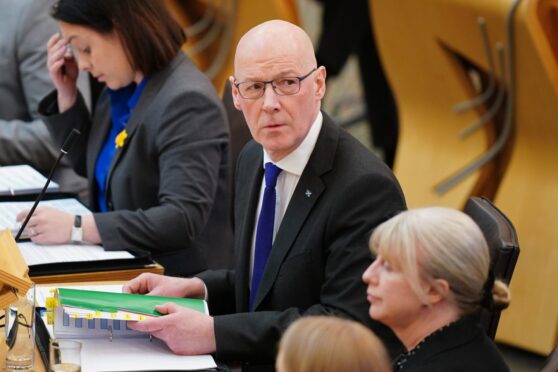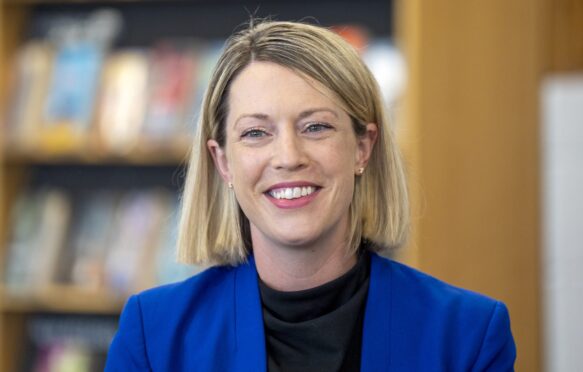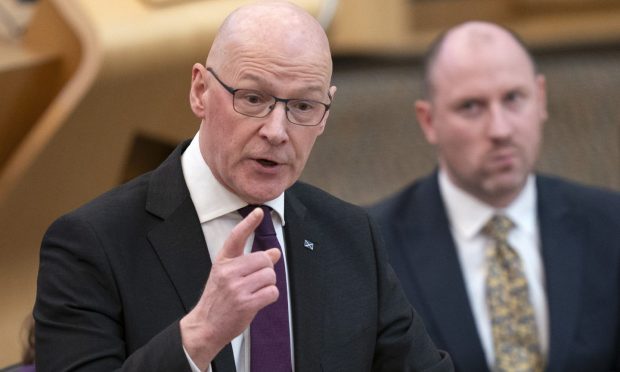NHS Tayside has scrapped plans to share data about children with social workers and school nurses following a Supreme Court ruling on the SNP’s controversial Named Person scheme.
A Perth campaigner complained to the health board about leaflets being routinely handed out at accident and emergency units.
It told parents, carers and patients that, following Scottish Government guidance, “your own details or those of your child may be disclosed to other professionals”.
But following the intervention of Lesley Scott, of the TYMES (The Young ME Sufferers) Trust, who campaigned against the Named Person plans, a U-turn has been made.
The Supreme Court unanimously decided in July that part of the 2014 legislation is incompatible with Article 8 of the European Convention of Human Rights in relation to family life and privacy because of its information sharing provisions.
The scheme sought to appoint a state official for every child in Scotland to monitor their wellbeing, including powers to access and share private data on children and parents and provide advice.
In her letter of reply to Mrs Scott, NHS Tayside chief executive Lesley McLay said: “I wish to confirm action has been taken to withdraw the leaflet from distribution and to carefully reconsider NHS Tayside information governance procedures in the area and the chief nurse, children and families, NHS Tayside is facilitating the change in practice.”
Mrs Scott warned the local health board “may be just the tip of the iceberg”
She added: “Given the NHS Tayside situation, that would appear not to be the case and there are clearly processes in place that could lead to unlawful practice NHS Tayside is to be applauded for recognising that their current information sharing processes had the potential to be incompatible with the DPA and to fall foul of Article 8 rights under the ECHR.
“The Deputy First Minister John Swinney has stubbornly maintained the named person pilot schemes currently operating across the country are unaffected by the ruling from the UK Supreme Court.
“But in the wake of the judgement NHS Tayside has taken a critical eye to its practices and deemed them unacceptable to families.”
A Scottish Government spokesperson said: “Clearly public authorities must comply with the requirements of relevant legislation, such as the Data Protection Act and the Human Rights Act, when providing services to children and families.”
Mr Swinney has said he hopes to implement the scheme by August 2017 after a period of “intense engagement” on amendments.










